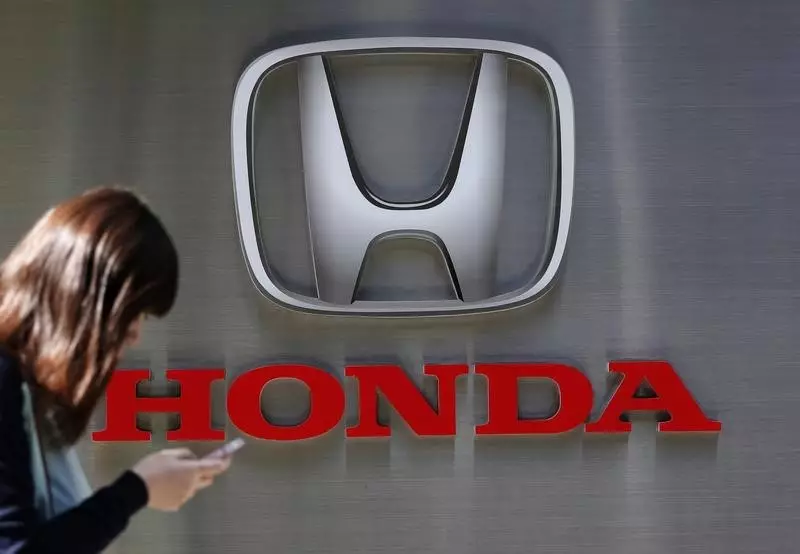Recent discussions between Honda Motor Co. and Nissan Motor Co. have sparked significant interest in the automotive sector, particularly regarding the potential merger of these two automotive giants. Reports from Japanese broadcaster NHK indicate that both companies are targeting a firm agreement by June 2025. This strategic alliance aims to create a new holding company under which both brands would operate, potentially forming the world’s third-largest automotive manufacturer by sales.
This merger is not merely a cloud of speculation; it follows the recent establishment of a basic agreement between the two leading car manufacturers. As part of this collaboration, Mitsubishi Motors, where Nissan holds a significant stake, is also being considered for inclusion in the deal. This wide-reaching partnership may allow the companies to pool their resources, expertise, and technologies, ultimately creating a formidable competitor in the global market.
Challenges Facing Honda and Nissan
The backdrop to this merger is a challenging automotive landscape. Honda and Nissan are both wrestling with declining sales figures, particularly in international markets like China, which has become the focal point of the electric vehicle (EV) revolution. Increasing consumer interest in electric vehicles, coupled with fierce competition from rivals such as Tesla and local Chinese firms, has profoundly impacted Honda and Nissan’s market shares. The competition has intensified amid a price war in the EV sector, forcing traditional auto manufacturers to rethink their strategies.
In addition to the competitive pressures in China, Honda and Nissan are also confronting sluggish demand in key regions such as the United States and Europe. These dynamics highlight the urgent need for innovation and strategic cooperation to regain competitiveness. By merging, both companies can leverage their brands’ strengths and collaborate on new technologies, particularly as the industry shifts towards electrification.
Implications for the Automotive Landscape
A merger of this magnitude would undoubtedly shake up the automotive industry. The establishment of a combined entity could lead to significant efficiencies in manufacturing, research and development, and supply chain management. By pooling resources, Honda and Nissan could accelerate their transition towards electric vehicles and autonomous driving technologies, addressing market demands more effectively.
Moreover, this merger could reshape consumer perceptions of both Honda and Nissan, potentially revitalizing brand images in the process. As the automotive industry continues to progress towards sustainable practices and advanced technologies, the need for collaboration has never been greater. A successful merger could inspire other automakers to explore similar strategies, highlighting a broader trend of consolidation in the industry.
While challenges remain, the potential merger between Honda and Nissan represents a strategic move towards overcoming current market difficulties. By coming together, these two iconic brands may not only survive in a drastically changing landscape but emerge as frontrunners in the electric vehicle arena. As they work towards finalizing their agreement, stakeholders and consumers alike will be watching closely, hoping that this collaboration can carve out a more sustainable and innovative future for the automotive industry.

